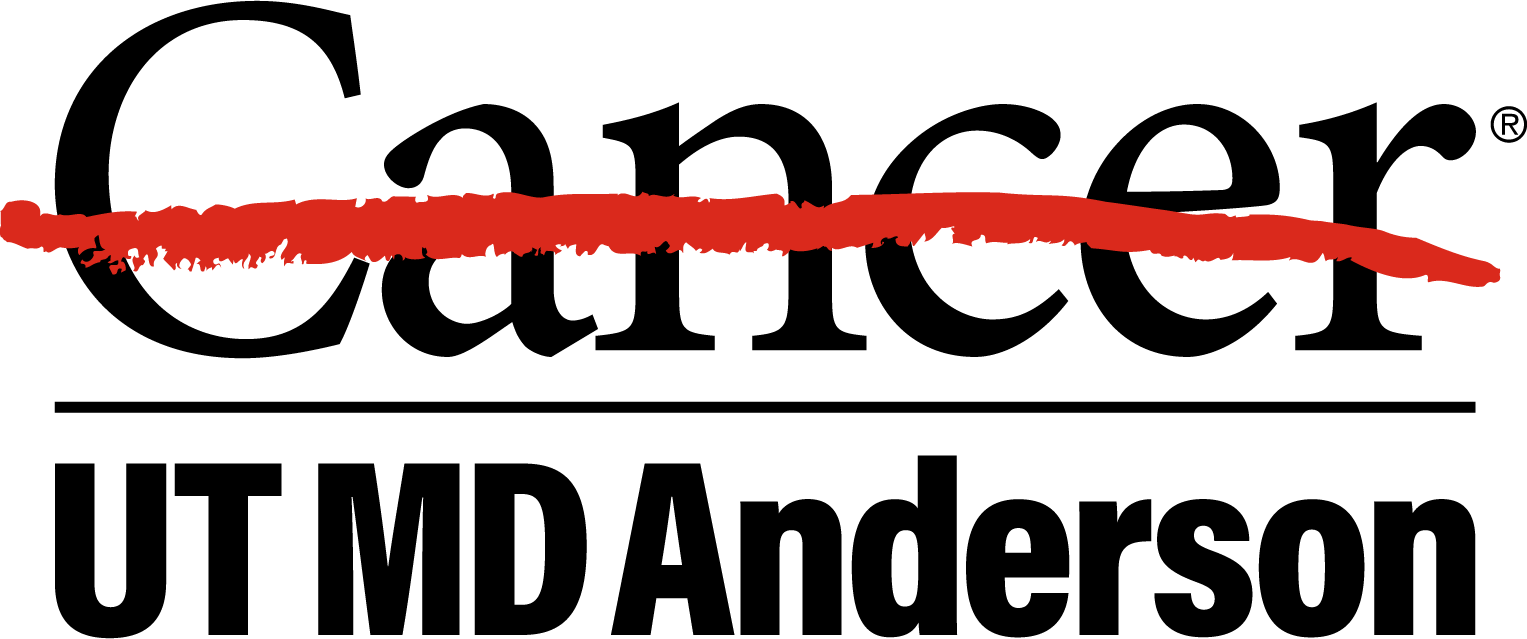Core Facilities & Shared Resources
Search Services
Core facilities support and enhance the quality and competitiveness of our research by providing cost-effective access to state-of-the-art instrumentation and services using centralized oversight to ensure accountability, sustainability and excellence.
Contact cores directly for availability and turnaround times. Some facilities are partially funded by Cancer Center Support Grant (CCSG), Cancer Prevention Research Institute of Texas (CPRIT) or Bone Disease Program of Texas (BDPTx). MD Anderson investigators receive precedence for CCSG facilities. Please cite facility funding source.
Type the following keywords in the search bar to find a core by category (Animal, Clinical and Population Science, Histology/Pathology, Computational, Genomics, Molecular and Biophysical Characterization, Cellular Imaging and Characterization) or location (North Campus, South Campus, Mid Houston, Bastrop)
